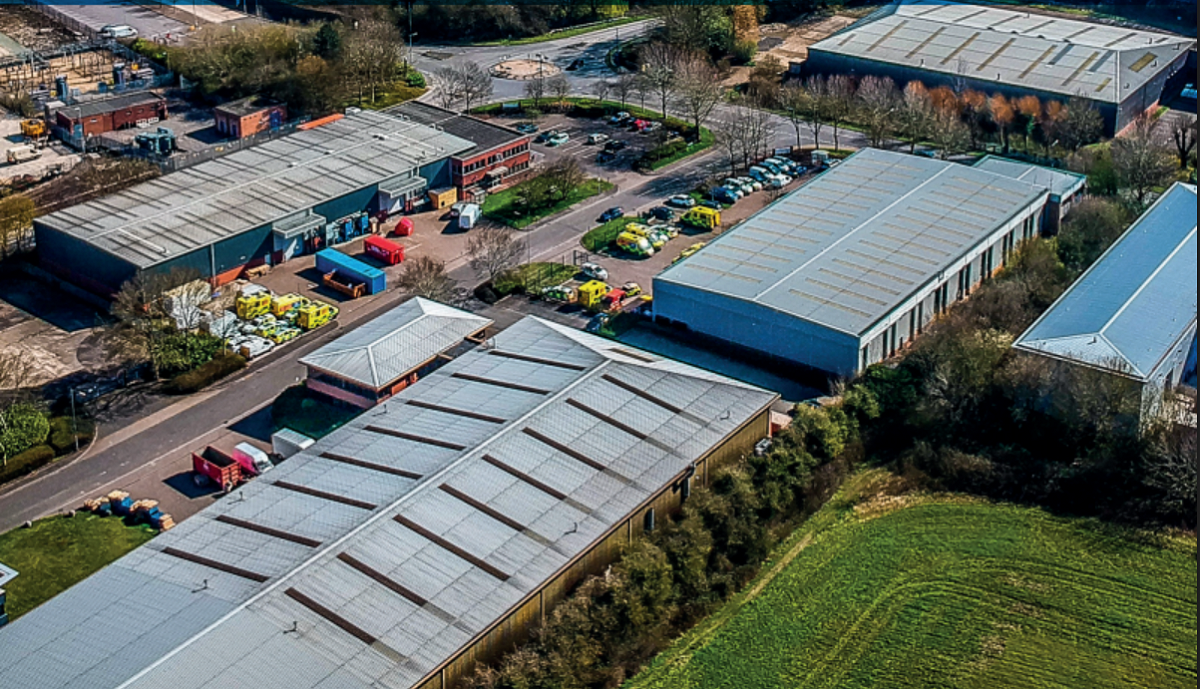
London, UK – One of the UK’s leading businessmen and a well-known economist has warned in his latest book that Britain is on the brink of a decade of low growth, record unemployment and falling living standards unless it transforms its approach to running the economy.
In his latest book published today titled – The Elephant in the Room – John Mills provides a comprehensive blueprint for how Britain can recover from coronavirus by “refocusing towards a manufacturing investment and export led -led growth strategy.”
Mills, who founded JML in 1986, a company with both a major UK presence as well as selling to over 70 countries through the world, tackles ‘the elephant in the room’, which he says is “the economic policies pursued by consecutive governments over the last 40 years [that] have led to Britain deindustrialising to an extent unrivalled by any western economy, leaving our economy deeply unbalanced.”
At the heart of the book, which was published by think tank Civitas jointly with Mills’ new organisation – The Institute for Prosperity – argues that “our economic policy is in dire straits” and that “a return to the conventional ways of running the economy after the Covid crisis would leave Britain’s economy falling further behind.”
The book has already been endorsed by some of the UK’s leading economists including Larry Elliott, Economics Editor at The Guardian and Gerald Lyons, former economic adviser to Boris Johnson.
The call for a change comes as Britain desperately needs to mitigate the immediate impact of the Covid-19 pandemic to businesses and the economy, which has left the economy the size of what it was in 2003.
John Mills, says: “Britain is on the brink of a deep economic recession, and the reality is stark; if we return to pre-Covid levels of growth and fail to get the economy growing faster, it is likely that most people in the UK will have lower disposable incomes in 2030 than they had in 2019 or even 2007.
“Coronavirus has exposed the fundamental flaws in the UK economy. It’s time for the political and economic class to finally address the elephant in the room, which is that consecutive governments have pursued economic policies over the last 30 years that have led to us deindustrialising to an extent unrivalled anywhere else in the world.
“This has left millions without well-paying, reliable jobs in many communities outside London and a few other metropolitan areas, with low growth, insecure jobs and a deeply lopsided and unbalanced economy.
“This, paired with the impact of coronavirus, poses a big risk to living standards. No one seriously believes a return to the status quo is a viable option. It will leave millions of the most vulnerable falling even further behind.”
After assessing the UK’s current economic malaise in the book, Mills lays out an alternative economic policy – a new way of running the economy that increases growth through rebalancing the economy and increasing investment and exports, to raise UK manufacturing as a percentage of GDP from less than 10% to 15%.
As part of his proposals, Mills recommends the Government pursuing a lower exchange rate which would make it profitable to invest in manufacturing in the UK rather than in China or elsewhere abroad. This would enable the UK to create better-paying jobs, to slash borrowing and — critically — to get the economy to grow as much as 2% per year faster than would otherwise be the case.
Mills continued: “There is an alternative way of running the UK economy. To get thee we must pivot to a manufacturing, investment and export-led growth strategy that generates millions of new jobs, increases productivity and rebalances the economy between London and the regions.
“What I’m proposing is to increase manufacturing from 10% of the economy to 15%, to address its imbalances and to increase our rate of investment as a percentage of our national income from 17% to around the world average of 25%.
“A key element to this strategy is having a lower exchange rate, combined with a wide range of complementary policies, that makes it profitable again to manufacture a wide range of goods which we currently import. Politicians talk about wanting to increase manufacturing output, but this is simply impossible without this essential policy change. This, along with other measures, will reliably and sustainably increase the growth rate by around 2% a year.
“Too much is at stake. There has never been a more critical time to get the economy growing faster. The same old ways of doing things simply is not good enough.”
Key arguments in the book
- Conventional economic policy is in dire shape, and the Covid-19 outbreak has exposed fundamental flaws in the UK economy which include deindustrialisation and a generally uncompetitive manufacturing base.
- UK policymakers in the Treasury and Bank of England must address ‘the elephant in the room’ by reindustrialising Britain’s economy by making it more profitable for manufacturing to be based in the UK, as opposed to elsewhere.
- If they fail to do so, living standards will stagnate and they will probably be lower in 2030 than they were in 2019 or even 2007.
- A 20% reduction in the current value of sterling on the foreign exchanges would enable around a 2% per annum increase in UK GDP.
- Fundamentally, Britain must pivot away from a consumption, import and debt-led economy, and switch to manufacturing, investment and export-led growth, to enable us to pay our way in the world.
- The UK’s deeply unbalanced and fragile economy, worsened by a decade of low growth, has meant the UK’s economic recovery from coronavirus will be more difficult than elsewhere.
- We must rebalance the economy by investing in the manufacturing sector, to bring it up to 15% of GDP – around a 50% increase.
- We must focus on increasing investment in the most productive categories in generating growth – mechanisation, technology, and the use of power – bringing us back towards to the world average.
- The Government must create a more competitive environment for UK manufacturing companies – particularly medium- and low-tech manufacturing – to enable the UK to compete globally, using a lower and more competitive exchange rate as a key policy instrument to get this done.
- Reindustrialisation will increase productivity and contribute more to the growth rate. It will also rebalance the economy between its regions.
- An increase in manufacturing output will enable less well-off regions to sell more to the rest of the world, to pay their way in the world, while creating more sustainable job opportunities and increasing productivity.
Earlier this year, Mills launched a new cross-party campaign, the John Mills Institute for Prosperity, which is calling for a manufacturing, investment and export-led growth strategy that supports 'left-behind' parts of the country, such as Britain’s former manufacturing heartlands and coastal towns.
